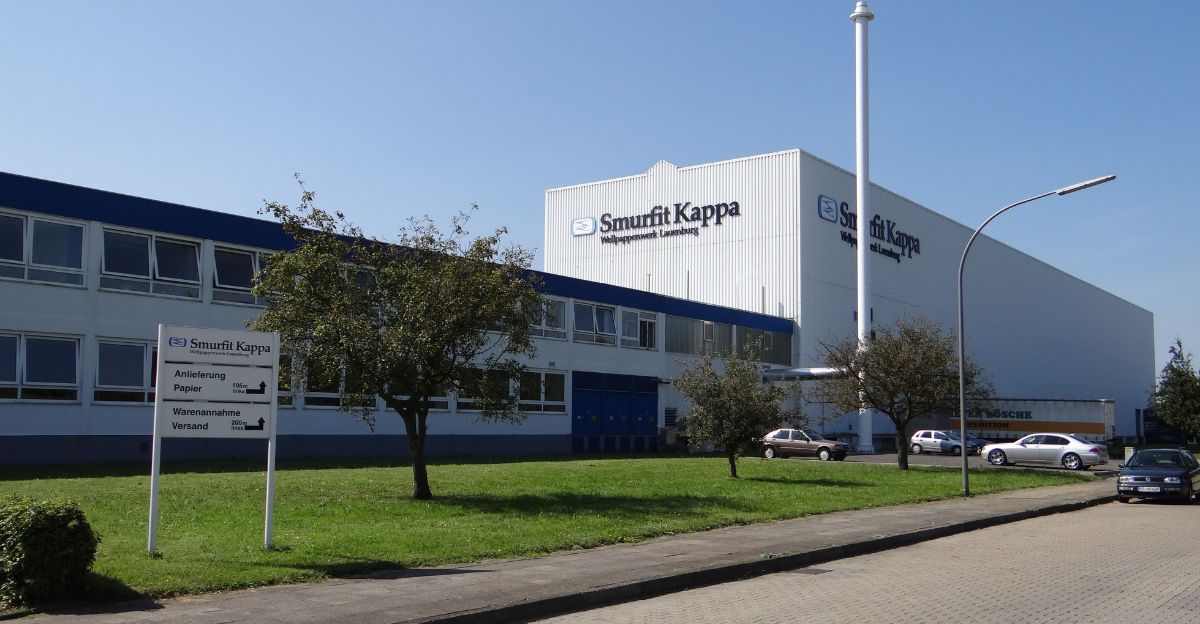
The announcement landed like a shockwave in early November: Smurfit WestRock would close its Atlanta packaging plant in January 2026, eliminating 55 jobs and marking one of Georgia’s largest manufacturing losses in recent years. Workers stood in the cold halls of the facility, facing an uncertain future as the company’s global restructuring unfolded. This closure is not an isolated event but part of a sweeping industry transformation, driven by a major merger and a push for efficiency that is reshaping the landscape of American manufacturing.
Jobs on the Line

For the 55 employees at the Atlanta plant, the shutdown means the end of stable employment just as the holiday season approaches. The company’s decision to shift operations elsewhere leaves these workers scrambling to find new opportunities in a tight job market. The Atlanta closure is just one piece of a much larger puzzle: Smurfit WestRock’s global restructuring has already eliminated 4,500 jobs worldwide. As the deadline looms, workers are left to navigate the uncertainty of unemployment and the challenge of rebuilding their careers.
Merger Fallout

The Atlanta plant’s closure is a direct consequence of the Smurfit Kappa-WestRock merger, finalized in July 2024. The merger created one of the world’s largest packaging companies, with the stated goal of driving global efficiency. However, it also triggered a wave of plant shutdowns and job cuts as the company streamlined its operations. The consolidation was intended to position Smurfit WestRock for long-term growth, but it has come at a steep human cost, raising questions about the true price of progress in an era of rapid corporate change.
Efficiency Over Tradition

Smurfit WestRock has emphasized its strategy of improving production efficiency by closing older plants and consolidating operations into fewer, more technologically advanced facilities. The Atlanta plant, like others, is being replaced by newer sites equipped with advanced machinery and automated processes. The company believes this shift will yield higher profits and keep it competitive in a rapidly evolving market. Yet, the move away from traditional manufacturing hubs has sparked debate about the balance between efficiency and the preservation of local jobs and communities.
The Closure Confirmed

On January 5, 2026, the Atlanta plant will close for good. This is one of nine facilities slated for closure as Smurfit WestRock continues its post-merger optimization. The decision has raised concerns about the future of Georgia’s industrial base, with the plant’s shutdown representing a significant blow to the state’s manufacturing sector. The ripple effects will extend to local suppliers, logistics providers, and small businesses that depend on the plant’s operations, leaving Georgia to grapple with the challenge of replacing lost industrial investment and workforce opportunities.
Industry Shifts and Community Impact
The Atlanta closure is part of a broader trend in the packaging industry, where companies are investing in larger, more efficient plants to remain competitive. The closure of the Atlanta facility is part of Smurfit WestRock’s strategic shift, reallocating operational resources from traditional facilities to higher-capacity sites. This transition is exemplified by the company’s $19.3 million expansion of its Saltillo, Mississippi facility—increasing capacity by 50%—and similar investments at other modernized locations. However, the company’s North American box volumes have declined by 7.5%, and consumer packaging shipments are down nearly 6%, intensifying the pressure to streamline operations. Community leaders in Atlanta and other affected regions have voiced concerns about the loss of well-paying jobs that have supported local economies for years. As manufacturing jobs continue to disappear, the question remains: can these regions find new opportunities to replace the lost industrial capacity, or will the closures leave lasting scars?
The Road Ahead
Smurfit WestRock’s leadership maintains that the closures are necessary for long-term growth. Despite these promises, the company’s stock has declined by approximately 32% year-to-date in 2025, reflecting investor skepticism about the merger’s long-term benefits. As Georgia confronts the loss of jobs and manufacturing capacity, the state’s ability to attract new investments will be crucial in determining its economic future. The Atlanta plant’s closure is a stark reminder of the challenges facing American manufacturing in an era of global consolidation and technological change.


